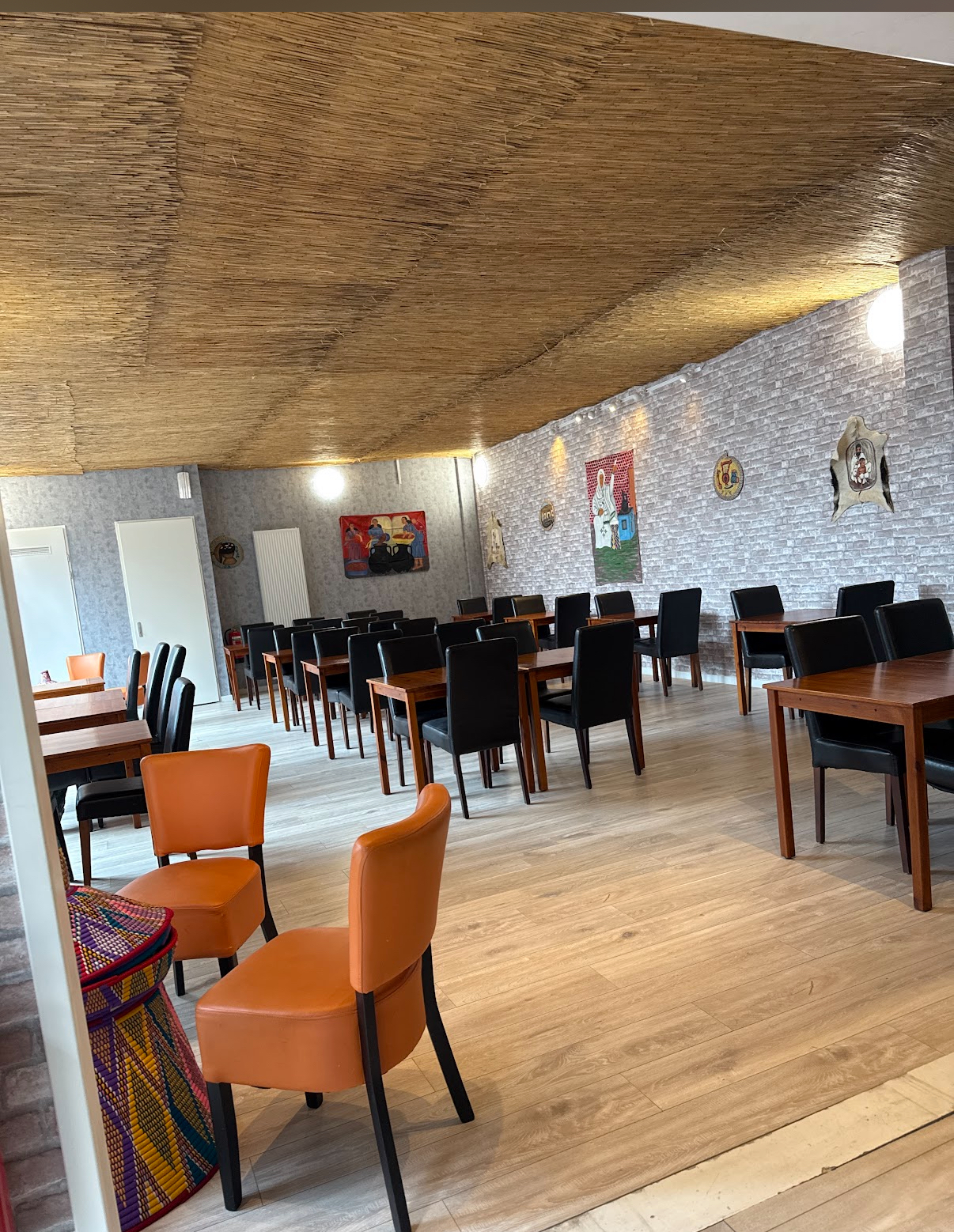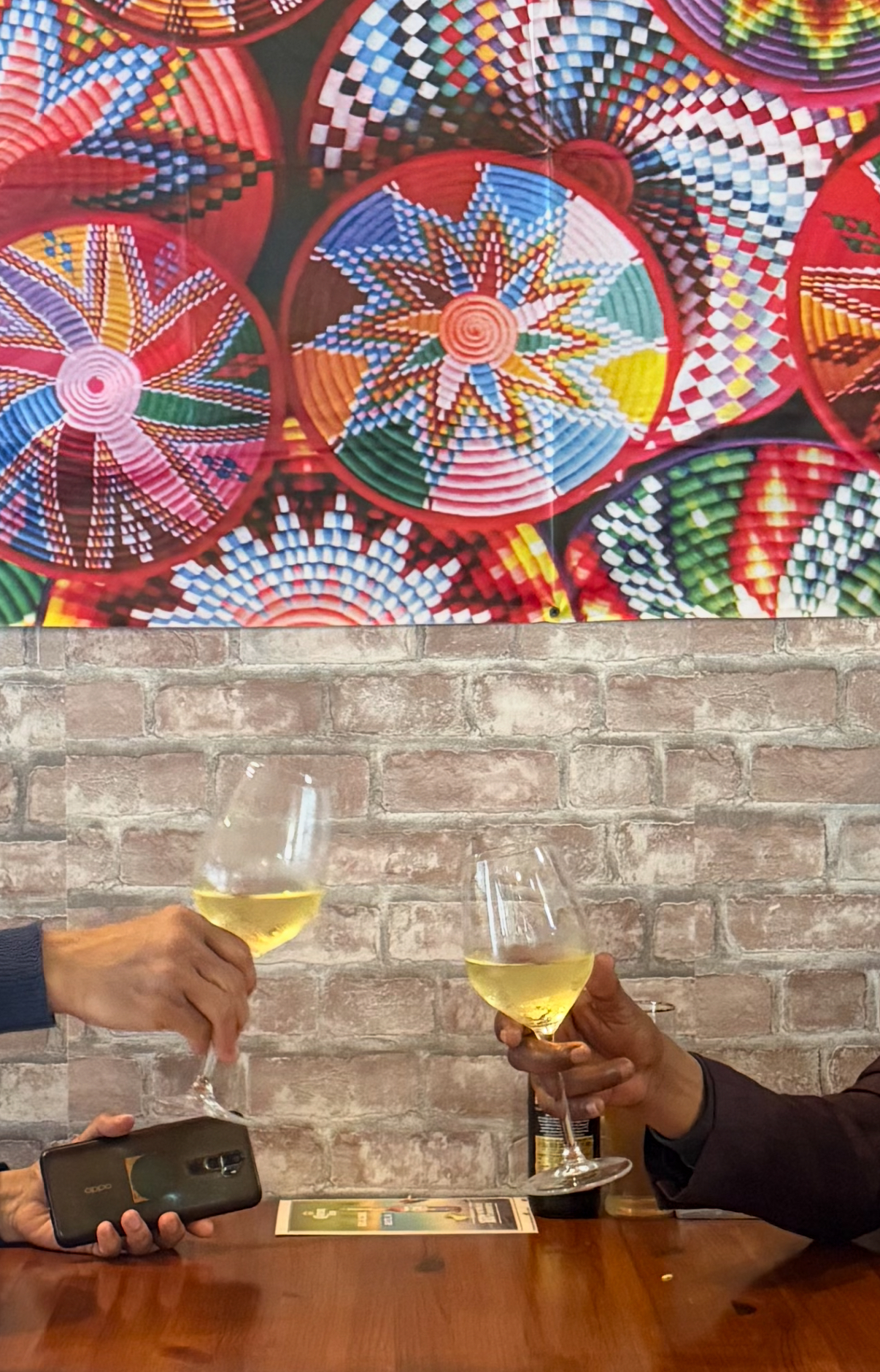
Our Story
The journey behind Massawa Eritrean & Ethiopian Restaurant
The Beginning
Massawa is a historic port city located on the Red Sea coast of Eritrea. Known as the "Pearl of the Red Sea," Massawa has been a crucial trading hub for centuries, connecting the Horn of Africa with the Middle East, India, and beyond. This strategic location has made it a melting pot of cultures, influencing its rich culinary traditions.
The city's history dates back to ancient times, with evidence of settlement from the Aksumite Empire. Over the centuries, Massawa has been influenced by Ottoman, Egyptian, Italian, and Ethiopian rule, each leaving their mark on the city's architecture, culture, and cuisine.

Our Philosophy
Habesha cuisine, encompassing both Eritrean and Ethiopian food traditions, is one of the world's most distinctive and flavorful culinary traditions. At its heart is the communal dining experience, where meals are shared from a common plate, symbolizing unity and togetherness.
The foundation of Habesha cuisine is injera, a sourdough flatbread with a unique, slightly spongy texture. Made from teff, an ancient grain native to the Horn of Africa, injera serves as both the plate and the utensil for the meal. Diners tear pieces of injera to scoop up the various stews and dishes served atop it.
"Food is not just sustenance in Habesha culture; it is a social ritual that brings people together, strengthens community bonds, and celebrates our shared humanity."
Cultural Heritage
The spices used in Habesha cuisine are what give it its distinctive character. Berbere, a complex blend of chili peppers, garlic, ginger, basil, korarima, rue, ajwain, nigella, and fenugreek, is the signature spice mix used in many dishes. Mitmita, another essential spice blend, is typically hotter than berbere and includes African bird's eye chili peppers, cardamom seeds, cloves, and salt.
Signature dishes include Doro Wat (spicy chicken stew), Zigni (beef stew), Kitfo (minced raw beef seasoned with mitmita and niter kibbeh), and a variety of vegetarian dishes like Misir Wat (spiced red lentils), Shiro (ground chickpea stew), and Gomen (collard greens). The coffee ceremony, a ritual of hospitality and respect, is an integral part of Habesha culture, showcasing the region's connection to the birthplace of coffee.

Our Team
The culinary traditions of Massawa reflect its coastal location and historical trade connections. Seafood features prominently, prepared with influences from both African and Middle Eastern traditions. The port city's cuisine also incorporates pasta dishes, a legacy of Italian colonial influence, but prepared with local spices and ingredients.
Today, Massawa's culinary heritage continues to evolve while maintaining its deep cultural roots. The traditional methods of food preparation are preserved and celebrated, passing down the authentic flavors and techniques that have made Habesha cuisine renowned worldwide for its unique taste profile and communal dining experience.
Our Values
Authenticity
We honor the authentic culinary traditions of Massawa and the Habesha culture, using traditional spices, cooking methods, and serving styles that have been preserved for generations.
Community
We celebrate the communal dining experience central to Habesha culture, where sharing food from a common plate symbolizes unity, friendship, and the joy of breaking bread together.
Cultural Heritage
We preserve and share the rich cultural heritage of Massawa and the Horn of Africa, from the traditional coffee ceremony to the art of making injera and the complex spice blends that define our cuisine.
